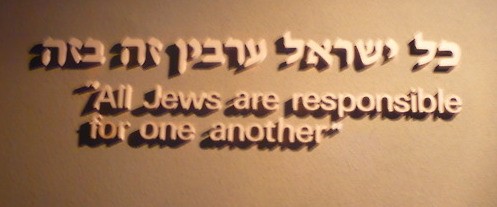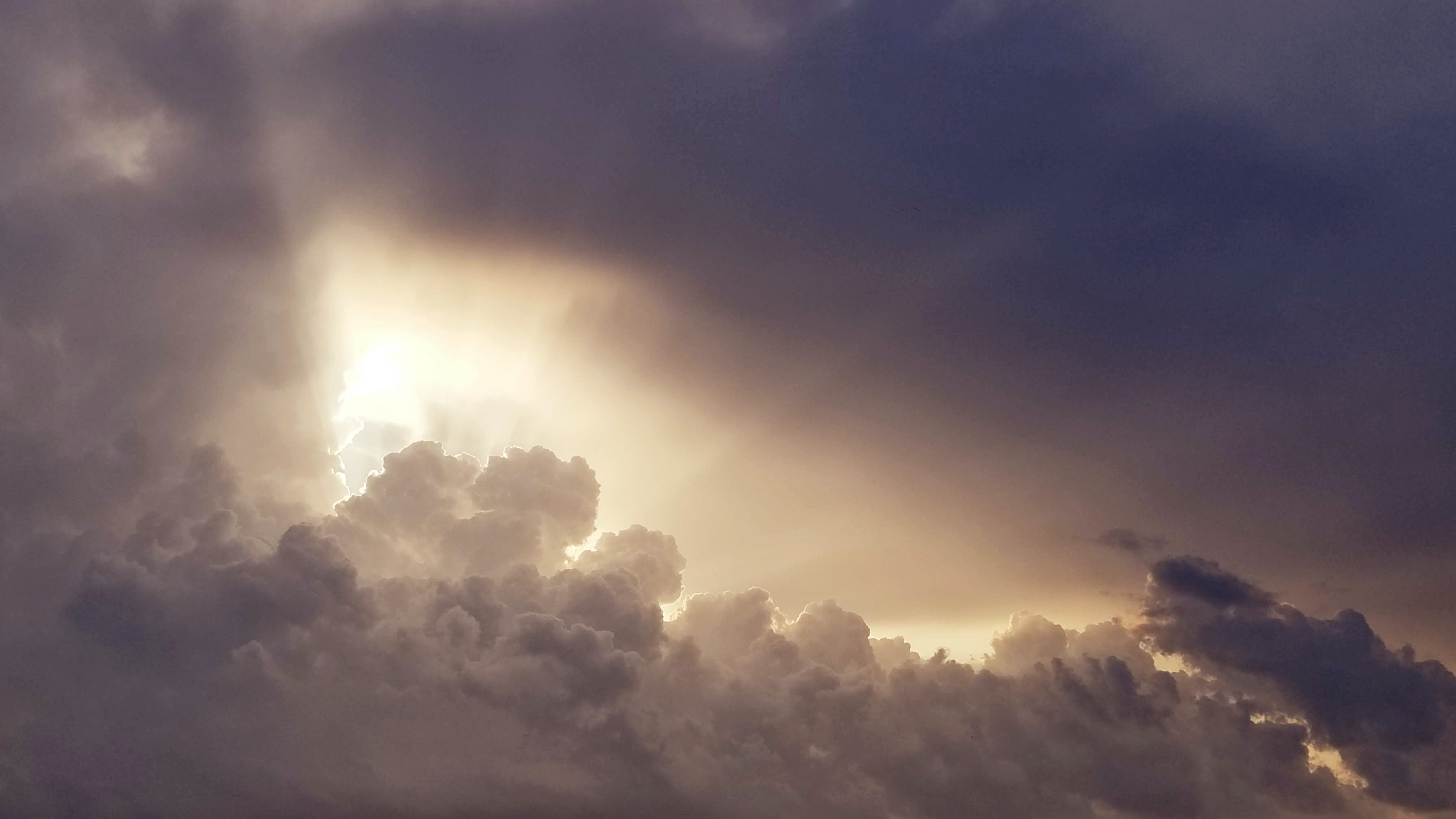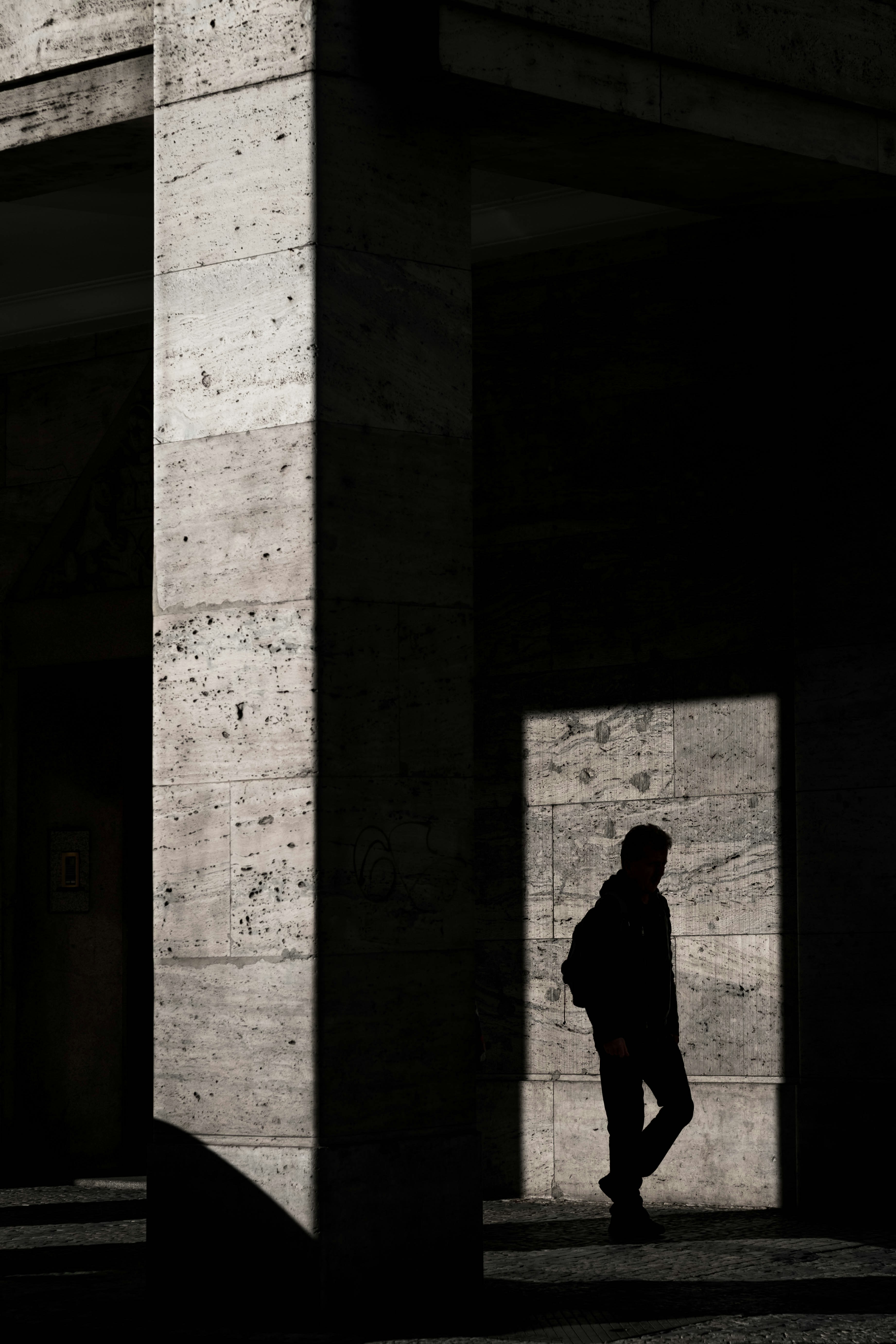March 20, 2023|כ"ז אדר ה' אלפים תשפ"ג Vayakhel-Pekudei 5783 - When We Return Home
Print ArticleAbout 6 weeks ago, Lebron James became the all-time leading scorer in NBA history. Over the next few days, a side-by-side comparison of his famous shot and Michael Jordan’s final shot against the Utah Jazz in the NBA finals started circulating on social media. The focal point of the comparison was not two of the greatest players of all time. Rather, the fans watching each player. In the Jordan picture, the crowd is full of fans watching closely as Jordan took one of his most famous shots. In the picture of Lebron James, the most noticeable feature in the crowd? Thousands of cell phones held up to catch the moment.
There is a lot to be said about this comparison, but if we want to take a positive spin, what is certainly true is that all of us, even in 2023, want to find a way to capture meaningful moments and keep them with us long after they are over.
We know that this week Moshe Rabbeinu GATHERS all of Am Yisrael together to teach them about the items that would be needed for the construction of the Mishkan.
We know that because it’s the name of the first parsha we read: VAYAKHEL MOSHE, MOSHE GATHERED the people.
And perhaps it is for that reason, that many of the meforshim are bothered by a statement made by the Torah at the CONCLUSION of this gathering.
After listing each and every item that would be necessary, says the Torah:
(לה:כ) וַיֵּצְאוּ כָּל עֲדַת בְּנֵי יִשְׂרָאֵל מִלִּפְנֵי מֹשֶׁה:
All of the Jewish People left from in front of Moshe.
And why are so many of the meforshim bothered by this statement? Because it seems totally superfluous! The very next pasuk begins telling us that Am Yisrael returned and began donating all of the items that Moshe had asked for.
How did they get them? Clearly they LEFT, WENT HOME, and then came back with their donations!
So, why does the Torah have to go out of its way to tell us that all of the Jewish People left from in front of Moshe!? It’s already understood based on the context.
I want to share with you TWO answers to this question:
Rav Reuven Bulka notes that if you take a look at the very next pasuk you will notice an interesting difference. After telling us that “KOL ADAS YISRAEL” ALL OF the Jewish People” left Moshe, the Torah then tells us:
(כא) וַיָּבֹאוּ כָּל אִישׁ אֲשֶׁר נְשָׂאוֹ לִבּוֹ וְכֹל אֲשֶׁר נָדְבָה רוּחוֹ אֹתוֹ הֵבִיאוּ אֶת תְּרוּמַת יְקֹוָק ]לִמְלֶאכֶת אֹהֶל מוֹעֵד וּלְכָל עֲבֹדָתוֹ וּלְבִגְדֵי הַקֹּדֶשׁ:[
Every person whose heart inspired him came, and every person whose spirit motivated him brought gifts to Hashem…
Argues Rav Bulka, that description is VERY SPECIFIC. The implication is that while ALL of Bnei Yisrael experienced the gathering with Moshe, and ALL of them left and went back to their homes, ONLY SOME OF THEM, THOSE WHO WERE INSPIRED BY THE EXPERIENCE decided to come back and actually follow through, coming back and bringing a donation. So, why does the Torah specifically note that ALL of Bnei Yisrael left the meeting with Moshe? To emphasize that NOT all of Klal Yisrael came back. Because it is only those who made a decision to act after a meaningful experience will allow that experience to continue to have an impact long term.
Rav Moshe Shternbuch, in his sefer Taam V’Daas quotes from Rav Eliya Lopian a similar message which comes from an altogether DIFFERENT understanding of the text.
Rav Eliya argues that, in fact, ALL of Bnei Yisrael DID leave inspired. And how do we know? Because the pasuk is specific in how it details their departure.
It could have just told us, Vayeitzu Bnei Yisrael, Bnei Yisrael left. Instead it tells us that they left “MILIFNEI MOSHE” from standing in front of Moshe.
Let’s remember for a moment what that experience was. The people had just finished hearing from Moshe Rabbeinu himself, their leader, who had just the day before returned from his THIRD set of 40 days on Har Sinai. He had come back with the SECOND SET OF LUCHOS, the new tablets, letting them know that HKBH, who had only a few weeks earlier told Moshe that He was DONE with these people was ready to renew His relationship with them.
What an awe-inspiring sight to stand with ALL OF AM YISRAEL in front of Moshe Rabbeinu, his face literally shining from his experience of learning with Hashem Himself!
And when they left, what was their mindset? They left MILIFNEI MOSHE. Says Rav Shternbuch, that when they LEFT the hashpaa, the IMPACT of that experience REMAINED WITH THEM. It wasn’t an amazing EXPERIENCE that was here today and gone tomorrow. They HELD ON to the experience and used it to DRIVE THEM FORWARD TO DO SOMETHING WITH IT.
And so yes, the very NEXT PASUK tells us, that WHO donated? Those who were:
נְשָׂאוֹ לִבּו& נָדְבָה רוּחוֹ אֹתוֹ
Those who had channeled that experience to become energized and motivated not to allow that experience to simply pass by and do nothing with it.
But who was that? Everyone. This was the praise of Klal Yisrael. That they didn’t allow the experience to remain a one-time exciting event. They used it to motivate them to ACT.
And this idea of being thoughtful about how we take our meaningful experiences WITH US, is emphasized by a beautiful idea from Rav Shimon Schwab.
In the 7th Perek of Shir Hashirim, the pasuk says
ב מַה-יָּפוּ פְעָמַיִךְ בַּנְּעָלִים, בַּת-נָדִיב...
Literally translated, the פסוק means “how beautiful are your shoes, O’ daughter of a prince”.
And in the גמ' in Chagigah 3a, Rava explains the פסוק further:
כמה נאין רגליהן של ישראל בשעה שעולין לרגל.
How beautiful are the feet of Klal Yisrael at the time they come on Aliyah LaRegel.
But there is a glaring problem with this explanation. Those who come on aliyah l’regel, if they stand out in any way it is not because of their nealim! Not because of the shoes on their feet. If anything, it would be the fact that they do not wear shoes at all!? A person who enters Har HaBayis is prohibited from wearing shoes.
Why, then, would the פסוק come to praise to the olei regel specifically with regard to their shoes!?
And Rav Schwab answers this question by explaining a tefillah we say in the mussaf of every day of yom tov, davening for the days of Mashiach, when the Beis Hamikdash will be rebuilt, and there are three things we ask for:
והשב כהנים לעבודתם, ולויים לשירם ולזמרם, והשב ישראל לנוויהן"
Return Kohanim to the avodah, the service in the Beis HaMikdash, the Leviim to their singing and playing of musical instruments, and return the rest of Bnei Yisrael to their homes.
The first two make sense. But why do we yearn for a time when we will return to our houses?
And R’ Schwab explains that this must refer to the return home after an experience at the Beis HaMikdash.
We daven for a time when we will be able to approach the Beis HaMikdash, experience the performance of the Avodah by the Kohanim and enjoy the songs and music of the Leviim.
And then, when it is over, we will be able to return home invigorated, spiritually refreshed from the experience.
Why does the פסוק in Shir Hashirim specifically praise the shoes of the Olei Regel?
B/c it is not talking about the Olei Regel on their way UP to Har HaBayis. It is referring to the Olei Regel on their way home after that
experience.
It is not only the act of removing our shoes to stand in the Beis HaMikdash which is the essential aspect of Aliyah L’Regel. That is only the initial stage of the Avodah. The second, more critical step begins when we put our shoes back on. It is how we take that experience with us as we return back home.
It is how we take those moments of inspiration, those exciting moments and translate them into our everyday life that matters most.
We live in a generation that is constantly searching for the next big, exciting experience. The next exciting vacation, flashy program, viral video. And as soon as we experience that exciting moment or thing, what do we do? We go searching for the next one. Because that’s how dopamine receptors work. The high is short-lived and leaves us searching out the next fix. And it can happen in the world of media and entertainment, and even, l’havdil, in the world of spirituality.
The real, meaningful work, though, is found not in searching out the next high, but in taking those meaningful experiences and making a decision to take action to DO SOMETHING with them.
We all have meaningful experiences that lift us up. A special Shabbos, an elevating lecture, or even a moment of clarity. Personally, often I experience those moments of clarity at a funeral, where people speak about the things that will last in their memory about someone special in their life.
The question, though, is not how to do we find MORE of those experiences. The question is what do we do when we have them? Do we say, “that was great” or do we say, “how do I use that great moment to enhance so many more future moments in my life?” The answer, of course, is up to us.




